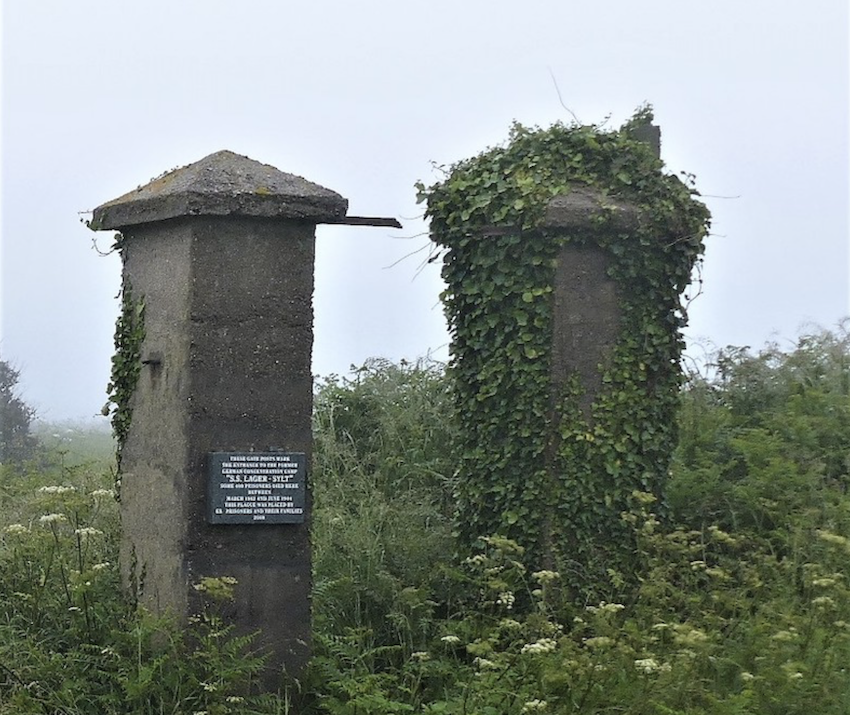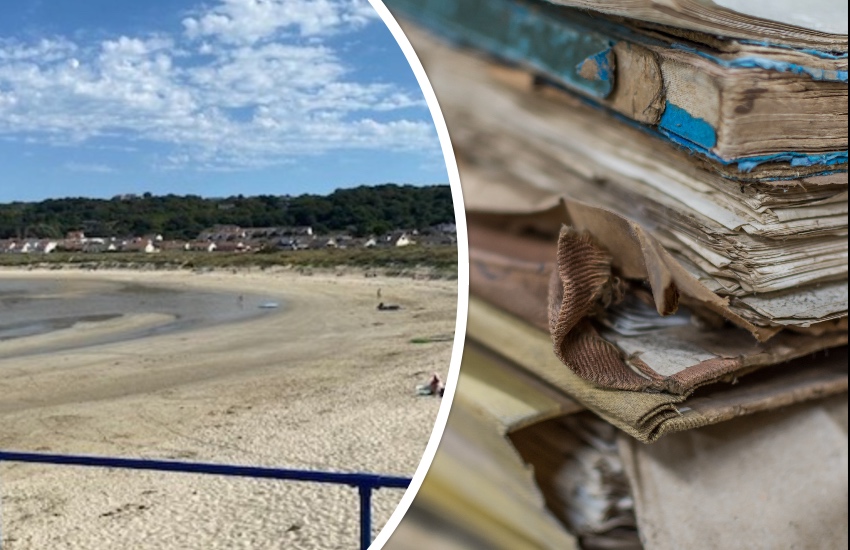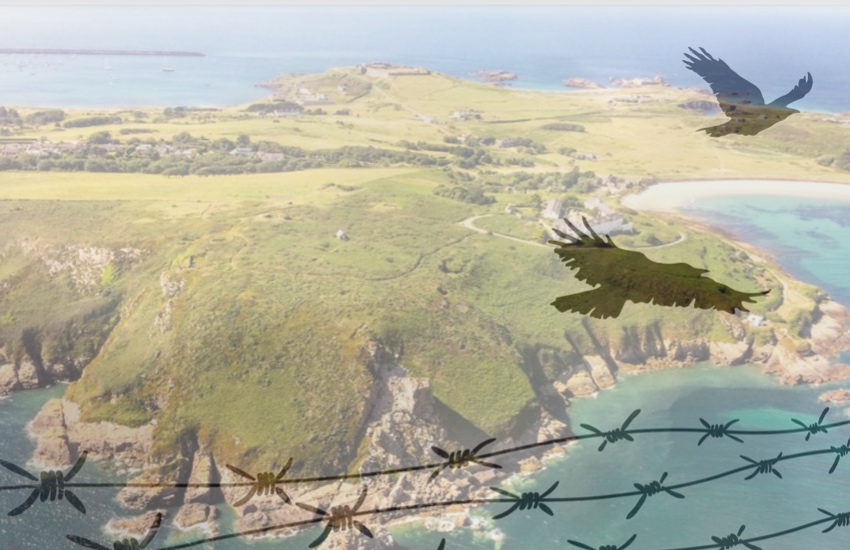


A new book covering the Nazi occupation of Alderney is aiming to "restore the humanity" of victims of the concentration and labour system by telling their stories in detail.
‘Adolf Island’ was written after more than a decade of research by Professor Caroline Sturdy Colls and Kevin Simon Colls who take a broad and extensive look at forced labour on Alderney during the occupation.
Professor Colls said: “We decided that a new book about the forced and slave labourer experience was needed for several reasons.
“Most books written about the occupation of Alderney to date have focused mostly on the military aspects of the Second World War and did so from solely a historical perspective.
“Only a few exceptions, which were written several decades ago, discussed the experiences of forced and slave labourers who built the fortifications and who suffered terribly in the camps on the island.
“We felt that the individual stories of the men and women who were part of the Nazi concentration and labour system needed to be told in more detail.”

Pictured: There were several labour camps installed in Alderney by the Germans.
Professor Colls specialises in conflict archaeology and genocide investigation and has spent more than ten years researching the topic.
Her co-authored book was announced weeks after Express worked with several historians on a series of articles documenting the history of Alderney’s occupation.
It has been claimed that thousands, not hundreds, of people died in Alderney. Express asked Professor Colls if people fully understand the extent of the atrocities in the island eight decades ago.
“Part of our rationale for writing the book was to offer a more complete picture of what happened during the occupation, particularly to the forced and slave labourers who were sent there,” she said.
“There has been so much speculation about what happened in Alderney during the war with many competing views making it very difficult for anyone reading about the events to get a sense of what really occurred.
“Our research has definitely demonstrated that many key sources had not been referred to in the literature and that a lot of physical evidence exists which can shed new light on the crimes committed.
“Without knowing this information, I think it is very difficult for people to fully understand what happened.”

Pictured: “In the past there have certainly been extensive efforts to downplay the more violent aspects of the occupation’s history as well, including by the British government for example, which has meant the truth has remained hidden or has been distorted,” said Professor Colls.
The book examines what happened to those people who were taken to Alderney and offers insight from those who survived.
“The work started as part of my PhD research, as part of which we undertook the first archaeological investigations at Norderney camp and on Longy Common at the cemetery where forced and slave labourers were buried,” said Professor Colls.
“It then developed into a university-led research programme, as part of which we carried out non-invasive archaeological surveys between 2010-2017… my team and I have carried out archival research using archives in the UK, the Channel Islands, Ukraine, Russia, Poland, the US, Israel, Germany, France and many other countries.
“Much of the material we uncovered has never been published and was not available to researchers who have previously written about these events.”

Pictured: Alderney was used as a labour camp between 1942 and 1945.
Professor Colls said her findings are being shared with the States of Alderney and the International Holocaust Remembrance Alliance.
“We will definitely be continuing with our research about Alderney and writing further papers on some of the topics mentioned in the book in due course,” she said.
“As I mentioned, new archive materials continue to emerge all of the time and we will be monitoring this closely.”
Comments
Comments on this story express the views of the commentator only, not Bailiwick Publishing. We are unable to guarantee the accuracy of any of those comments.